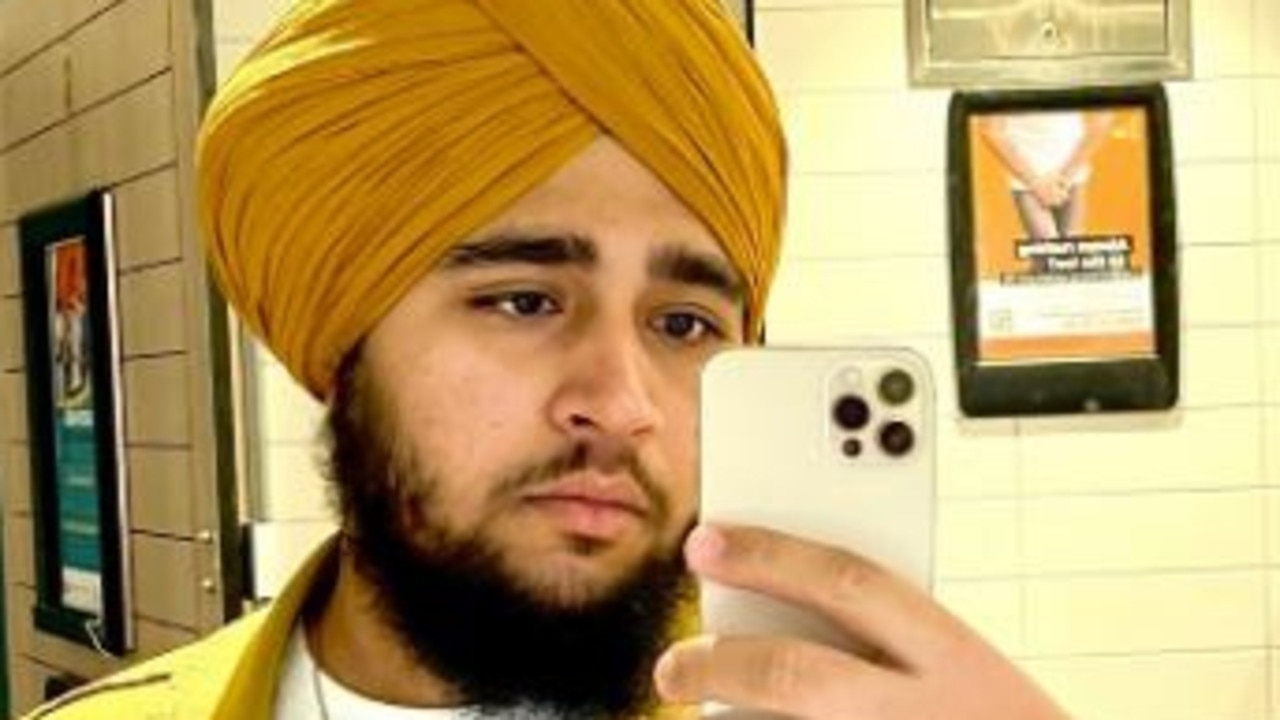Controversial proposed changes to the HSC dance syllabus met with community criticism
There’s call for controversial proposed changes to the NSW HSC dance syllabus to be scrapped with fears it will disengage students from the popular subject.
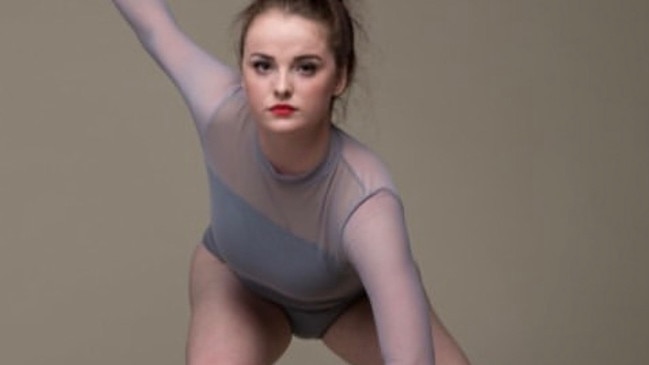
Newcastle
Don't miss out on the headlines from Newcastle. Followed categories will be added to My News.
A former dance student alumni says a dramatic shift in the subject’s HSC syllabus will be detrimental to the subject and will both discourage participation as well as disengage students.
The NSW Education Standards Authority (NESA) has proposed a number of controversial changes to school syllabuses as part of NSW Curriculum Reform in a bid to improve student outcomes.
Those likely changes are now open for feedback with a ‘have your say’ period until December 20.
But changes to the HSC dance syllabus isn’t sitting too well with a lot of current and former students as well as teachers who want them scrapped.
They believe the reduction in the performance component could alienate future students from taking up the subject.
Hunter School of Performing Arts (HSPA) alumni dance student and current University student Chloe Linstrom said it will undermine dance as a subject.
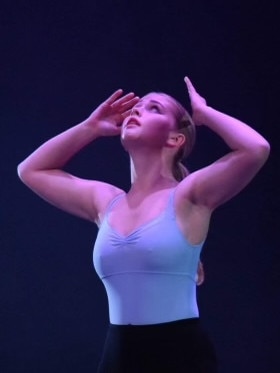
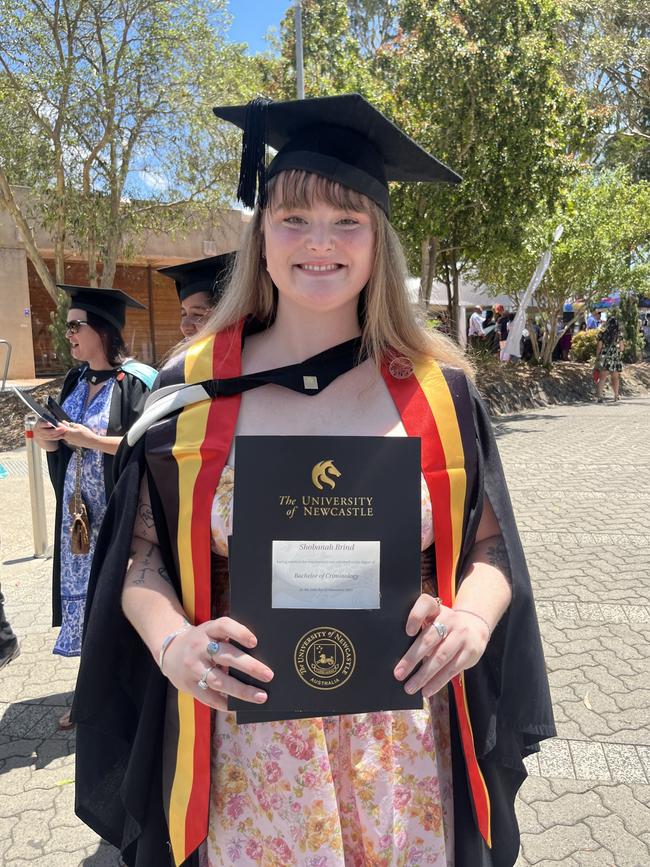
“Biggest fear I have is changing the performance aspect of the dance, so the practical element as a subject, taking the performance component to 15 per cent of overall mark compared to about 60 per cent currently,” she explained.
“Considering that 97 per cent of HSC dance students major in performance, this dramatic shift undermines the essence of the subject as a practical discipline.
“For many students, dance provides a vital balance to the academic demands of the HSC.
“I am concerned these changes may discourage participation and even lead some students to disengage from schooling altogether and additionally, the removal of specialisation opportunities in favour of a “one-size-fits-all” integrated study stifles individuality and creativity of Dance education.”
Former HSPA dance student Shobanah Brind graduated back in 2018 and agrees it would take away so much from the subject.
“The fun of it, the creativity, but I think there is also a lot of other skills that are important that you develop through dance,” she said.
“Those practical skills will prepare students that want to go onto professional dance careers, so to take that away you really are restricting options.”
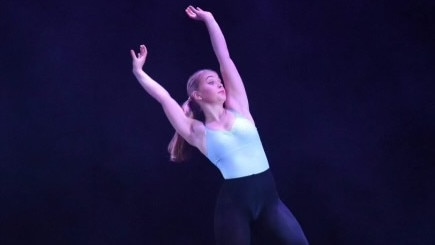
Both ex-students feel covid may have had a lot to do with the current proposed changes after NESA decided to moderate practical marks based off theory marks.
“It lead to HSPA not having a single dance or drama student getting a band six, in the top realm,” Ms Linstrom added.
“That’s despite immense talent, hard work and the school’s exceptional track record.
“This is why I see these proposed changes by NESA as a risk in entrenching such inequities my cohort faced permanently.”
And it’s not just dance that is copping criticism, a petition in the NSW parliament has been circulating to suspend and remove the draft music and drama syllabuses.
It has already gathered more than 8,000 signatures before its Monday deadline.
But Ms Brind feels dance doesn’t have as much of the spotlight as the more popular subjects.
“Dance has not received as much attention as other areas,” she added.
“People don’t take dance as seriously, see it as just a fun activity that children and young adults do while they attend school and don’t see it as a legitimate career pathway.
“It’s definitely an important part of my life still and I think a lot of what I learnt resilience and teamwork and passion, I have now found passion in other areas.”
But a NESA spokesperson said the draft dance syllabus had not reduced the practical elements of the syllabus but rather has suggested to move some practical elements to be internally assessed by teachers, as opposed to in the end of year external exam.
“We want to reassure teachers and the broader education and arts community that we genuinely listen to feedback on the draft syllabus, as should be the expectation with a public consultation process,” they said.
“These ideas are being tested with the teaching and the broader community and do not reflect decisions, but are points of discussion.
“We will continue to take on all feedback from the school and broader community until consultation closes on 20 December.”
The NESA spokesperson assured the proposed changes were designed with student experience, equity and evidence at the forefront.





